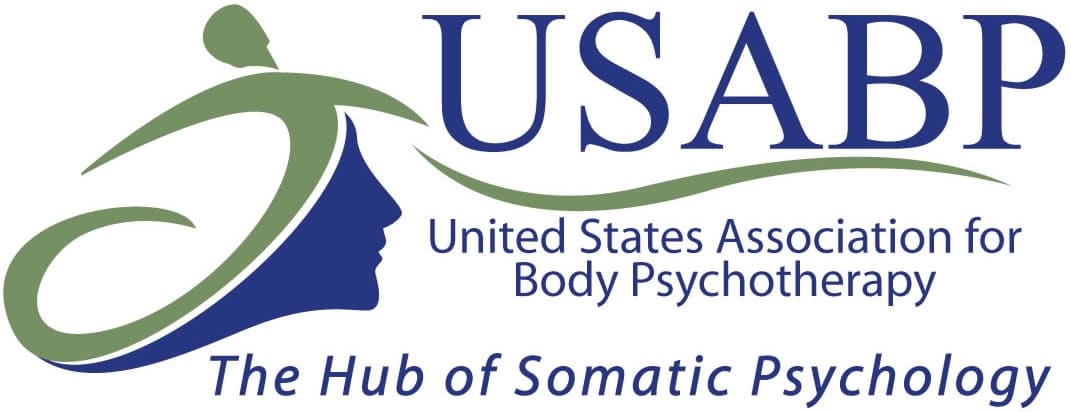Dissociative Identity Disorder , or DID, is a named disorder within the Disorders Services Manual version IV. This type of disorder relates to dissociation or the process of “splitting off” from consciousness to avoid the pain and deny the event.
According to the psychiatric Diagnostic and Statistical Manual of Mental Disorders (Version IV) (DSMIV), it defines several types of such disorders but one key type is Dissociative Identity Disorder (DID) which was formerly referred to as Multiple Personality Disorder (MPD).
This disorder is characterised by a person exhibiting more than one distinct personality, each having a particular pattern of self-perception, comprehension, behaviour, and way of relating to their environment.
If a person can be considered to have only one “seat of consciousness” in any moment, then from time to time, each autonomous secondary personality which is called an “alter”, can “jump into the seat” from time to time, and effectively run the person for a while, often leaving them amnesic that this is occurring.
This third type of trauma is often found from persons exposed to severe ongoing abuse, such as cult and religious mind control ritual abuse. There is an ongoing debate within psychiatric circles regarding the existence of this disorder.
There is an argument that DID is an intense subjective illusion created by the mind to cope with overwhelming trauma – with the trauma being too much for one mind or person to cope with, so a virtual inner team of “alters” is created.
Each “team member” is a container to hold intense traumas from the past and helps to deal with a more tolerable subcomponent of the whole picture of the person’s trauma. The second model is the socio-cognitive model, or “Recovered Memory” model which suggests DID does not exist prior to therapy, but instead is created by unskilled therapists.
Here it is the therapist, who creates and reinforces it by therapy processes where the role is unconsciously enacted and reinforced in response to therapist cues, suggestions and leading questions. We do not take a position in this debate.
We refer on clients presenting with DID to a psychiatrist who are best trained to deal with this disorder. If upon reading this information you think you may have some form of Anxiety then You should consult with a mental health professional like a clinical psychologist , psychiatrist or psychotherapist for further advice.
About the Author: Richard Boyd
Topics
Reach Out To Our Friendly Team Today
Topics
Reach Out To Our Friendly Team Today
Dissociative Identity Disorder , or DID, is a named disorder within the Disorders Services Manual version IV. This type of disorder relates to dissociation or the process of “splitting off” from consciousness to avoid the pain and deny the event.
According to the psychiatric Diagnostic and Statistical Manual of Mental Disorders (Version IV) (DSMIV), it defines several types of such disorders but one key type is Dissociative Identity Disorder (DID) which was formerly referred to as Multiple Personality Disorder (MPD).
This disorder is characterised by a person exhibiting more than one distinct personality, each having a particular pattern of self-perception, comprehension, behaviour, and way of relating to their environment.
If a person can be considered to have only one “seat of consciousness” in any moment, then from time to time, each autonomous secondary personality which is called an “alter”, can “jump into the seat” from time to time, and effectively run the person for a while, often leaving them amnesic that this is occurring.
This third type of trauma is often found from persons exposed to severe ongoing abuse, such as cult and religious mind control ritual abuse. There is an ongoing debate within psychiatric circles regarding the existence of this disorder.
There is an argument that DID is an intense subjective illusion created by the mind to cope with overwhelming trauma – with the trauma being too much for one mind or person to cope with, so a virtual inner team of “alters” is created.
Each “team member” is a container to hold intense traumas from the past and helps to deal with a more tolerable subcomponent of the whole picture of the person’s trauma. The second model is the socio-cognitive model, or “Recovered Memory” model which suggests DID does not exist prior to therapy, but instead is created by unskilled therapists.
Here it is the therapist, who creates and reinforces it by therapy processes where the role is unconsciously enacted and reinforced in response to therapist cues, suggestions and leading questions. We do not take a position in this debate.
We refer on clients presenting with DID to a psychiatrist who are best trained to deal with this disorder. If upon reading this information you think you may have some form of Anxiety then You should consult with a mental health professional like a clinical psychologist , psychiatrist or psychotherapist for further advice.
About the Author
Related Posts
Fees And Rebates
We offer cost-effective solutions that can fit within your budget. The insights and skills acquired in therapy can continue to positively impact mental and emotional health long after the therapy sessions have ended, making it a truly worthwhile investment in yourself.
GP Resources
We value collaboration with GPs and other healthcare professionals in delivering holistic healthcare. This enhances the quality of care delivered to clients.
Bulk Billing
Typically this is more commonly associated with general practitioners (GPs) than psychologists or counsellors. As we are psychotherapists, we do not offer this service.
Private Health
Our services do not require a GP referral but cannot be claimed through a private health fund. Our fees are often equal to or less than the standard gap payment.
Medicare
Medicare and Mental Health Care Plan rebates are not available at our practice. However, we strive to keep our therapy affordable and accessible to clients.















